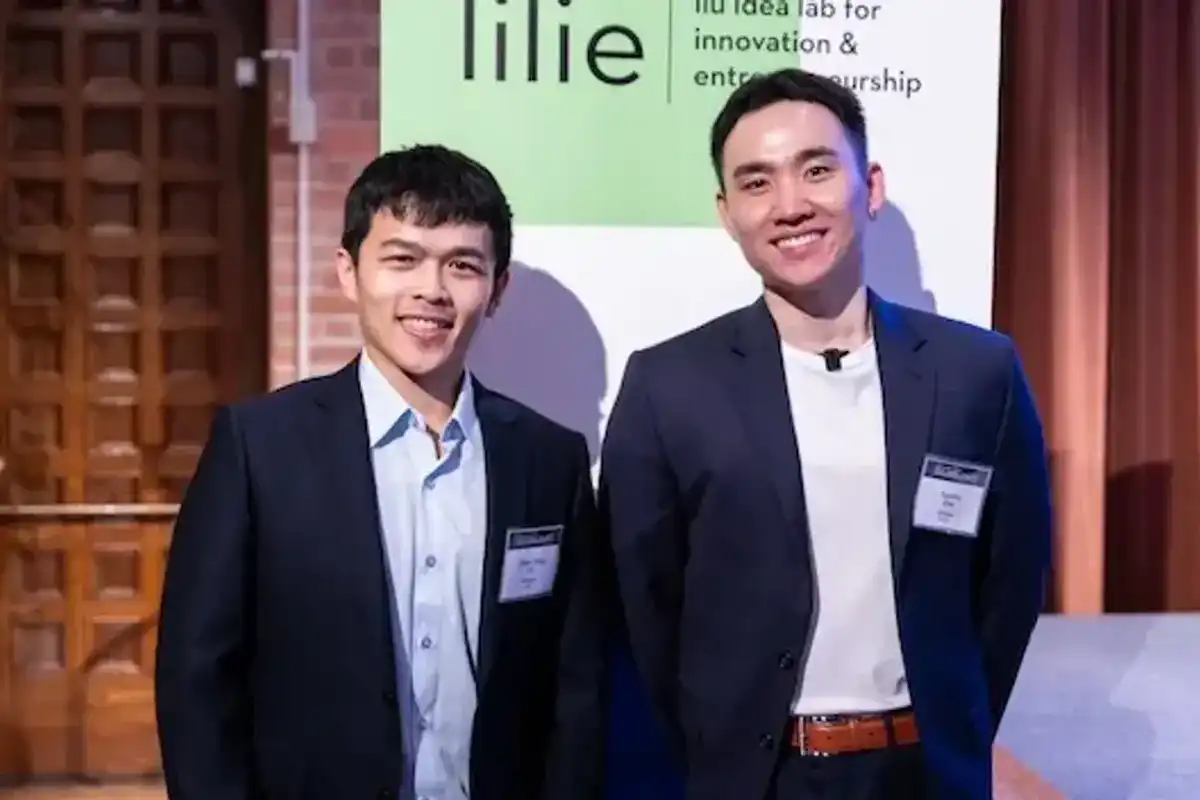The Texas Exchange for Energy & Climate Entrepreneurship (TEX-E) has named Houston venture capital and innovation leader Sandy Guitar as its new executive director.
Guitar succeeds David Pruner, who will move into the board chair role.
Guitar previously served as general partner and managing director at Houston-based VC firm HX Venture Fund and is co-founder of Weathergage Capital. She also sits on the advisory board of Rice University's Liu Idea Lab for Innovation and Entrepreneurship (Lilie) and launched the Women Investing in VC in Houston group.
In a LinkedIn post, Guitar shared that she's looking forward to bringing her problem-solving skills to the energy transition.
"Innovating in the energy sector is as significant and intricate a problem as I have ever worked on — one that demands creativity, collaboration, and resourcefulness at every turn," she shared.
"I'm honored to join TEX-E at such a pivotal time in the energy transition," she added in a news release. "Energy and climate innovation is accelerating at the intersection of brilliant minds and bold ideas. I'm excited to help TEX-E amplify that collision between students who think differently and the real-world problems that demand fresh solutions."
According to TEX-E, Guitar will continue to lead the organization's programming that aims to connect student climate entrepreneurs with "industry reality."
"Sandy understands the complexities of the Texas energy ecosystem and brings a forward-looking vision for how related innovation can drive meaningful, lasting impact. She's exactly the leader we need to take TEX-E to the next level and help create the next generation of energy transition innovators," David Baldwin, TEX-E board member, added in the release.
TEX-E was founded in 2022 through partnerships with MIT Martin Trust Center for Entrepreneurship and Greentown Labs. It works with university students from six schools: Rice University, University of Houston, Prairie View A&M University, The University of Texas at Austin, Texas A&M University and MIT.
It's known for its student track within the Energy Venture Day and Pitch Competition at CERAWeek, which awarded $25,000 to HEXASpec, a Rice University-led team, at the 2025 event. It also hosted its inaugural TEX-E Conference, centered on the theme of Energy & Entrepreneurship: Navigating the Future of Climate Tech, earlier this year.
- CERAWeek announces winners of annual clean tech pitch competition ›
- Why this organization is focused on cultivating the future of energy transition innovation ›
- New leadership team named climate tech-focused organization for Texas college students ›
- TEX-E hosts inaugural energy and climate conference in Houston this month ›















